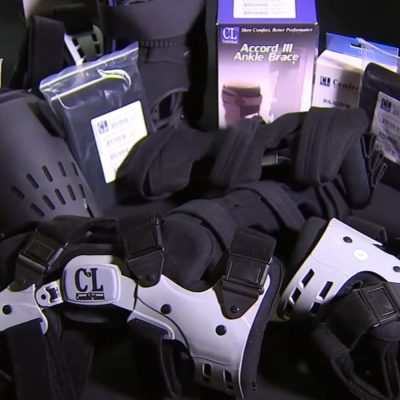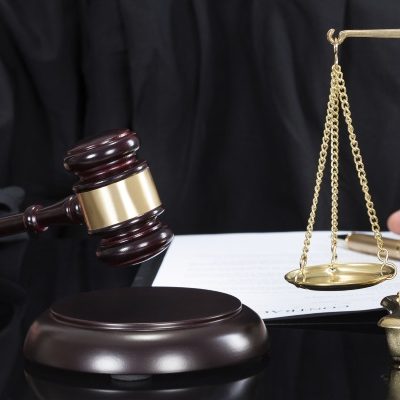If you have been sued in Florida, there are several things you must do to defend yourself. Carefully review the lawsuit that has been filed against you. The lawsuit contains allegations. Determine whether these allegations are true. You should also determine whether you have insurance coverage that may pay for your defense or the damages related to the lawsuit. If so, contact your insurance company as soon as possible.
If You Have Been Sued, File a Response to the Lawsuit Within Twenty Days.
In Florida, you typically have twenty days to respond to a complaint/petition. Your response should either be an answer or a motion in response to the complaint. If you believe that you cannot respond to the complaint within twenty days, contact the attorney representing the party suing you, or if the party does not have an attorney, ask the party directly for an extension of time. If the extension is granted, make sure to send the opposing party some documentation to confirm the agreement. If the opposing party does not agree to an extension, make sure to file a motion for extension of time to file your response with the Court. Set this motion for hearing. Failure to respond to a complaint within twenty days can result in a default judgment against you. A default judgment means that you accept all of the allegations in the lawsuit as true, and are responsible for the acts alleged in the complaint.
Next, review Florida Rule of Civil Procedure 1.140. This rule identifies legal defenses that you may be able to raise in the lawsuit. Note that not all defenses are identified in this rule. A defense basically admits the allegations contained in the complaint, but provides a legal excuse that relieves you from responsibility. For example, assume that you have been sued for defamation. The plaintiff claims that you said that he is a felon. You admit that you made the statement, however, the plaintiff was convicted of a felony. Truth is a defense to a defamation claim.
Review the defenses listed in Florida Rule of Civil Procedure 1.140(b) carefully. If you believe that one of these defenses applies to you, make sure that you identify it in your response to the complaint. If you fail to raise some of the defenses identified in Florida Rule Civil Procedure 1.140, you may not be able to raise it later.
You must also decide whether you will answer the complaint, raise affirmative defenses, and perhaps sue the party that has sued you if you also have a claim against that party. Alternatively, if you believe that one of the defenses listed in Florida Rule of Civil Procedure 1.140(b), you may want to file a motion to try to dismiss, strike, or for a judgment in your favor.
Gather and Review All the Evidence Relating to the Lawsuit.
It is important that you gather all the information you have relating to your lawsuit. This includes any documents, and preparing a list of persons that may have knowledge about the lawsuit. Do not destroy any evidence. A judge will consider the destruction of evidence as you intentionally trying to hide information, and a separate claim may be filed against you for destroying evidence. This is called spoilation of evidence. You will also want to think about the information you want to learn from the other party in order to try to prove your case, and settle or use for a trial.
Consider Settlement Discussions and Mediation.
Over ninety percent of all cases settle. In Florida, courts require parties to mediate their cases. This means that the parties will sit with a neutral third party in an effort to resolve their case. Mediation is not binding, and is a good way to try to settle a case. It is provides all parties an opportunity to learn each party’s strengths and weaknesses. If you believe that there is a possibility that you can settle your case, consider settlement discussions and/or mediation early in your case in order to save time and money.
If you are sued, there are many things that you must do to protect yourself. You should consider hiring an attorney. Should you need an attorney in Boca Raton, Fort Lauderdale, Miami, Stuart, West Palm Beach and other nearby areas, please call De Varona Law for a free initial consultation.










